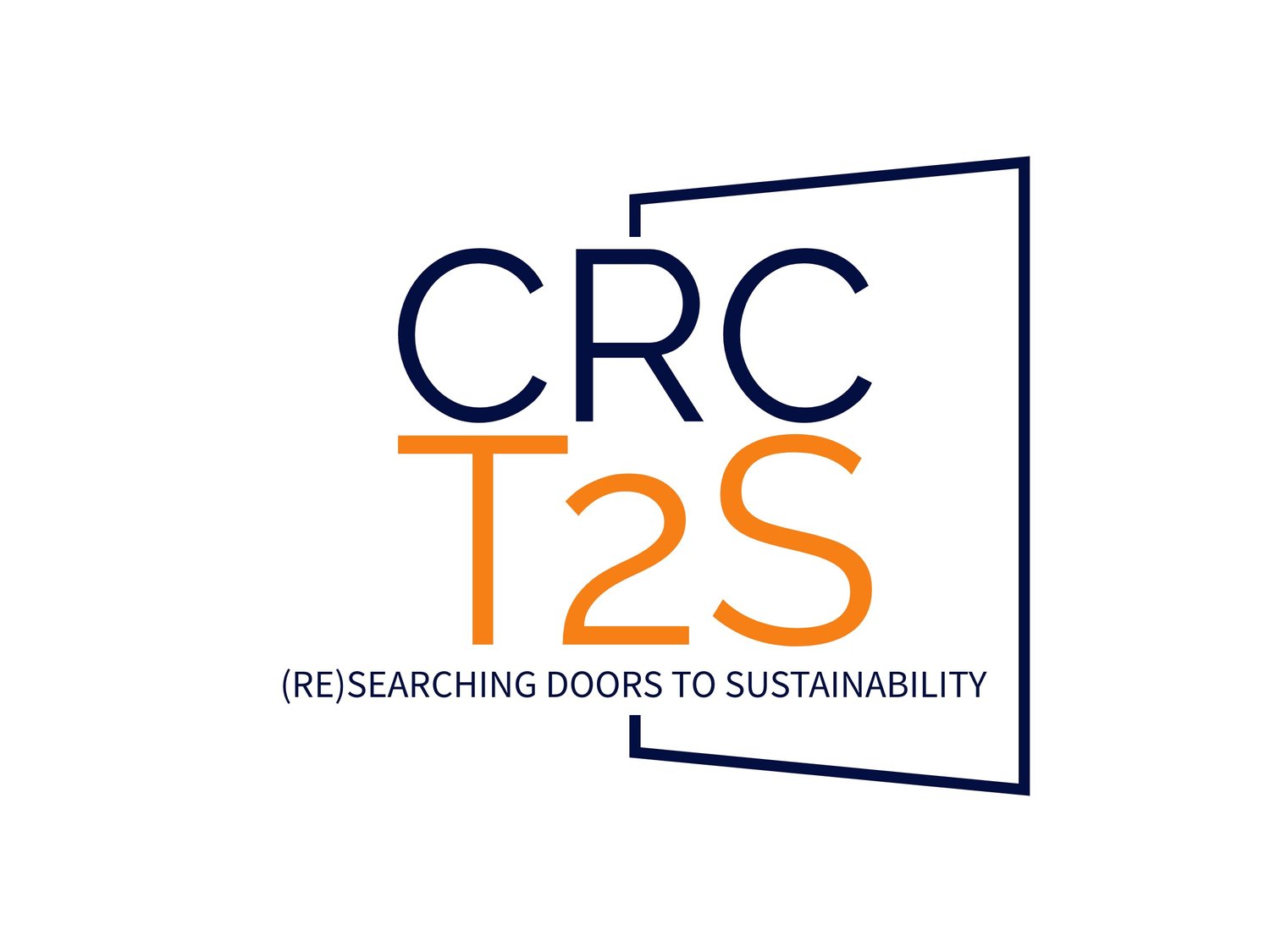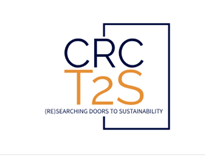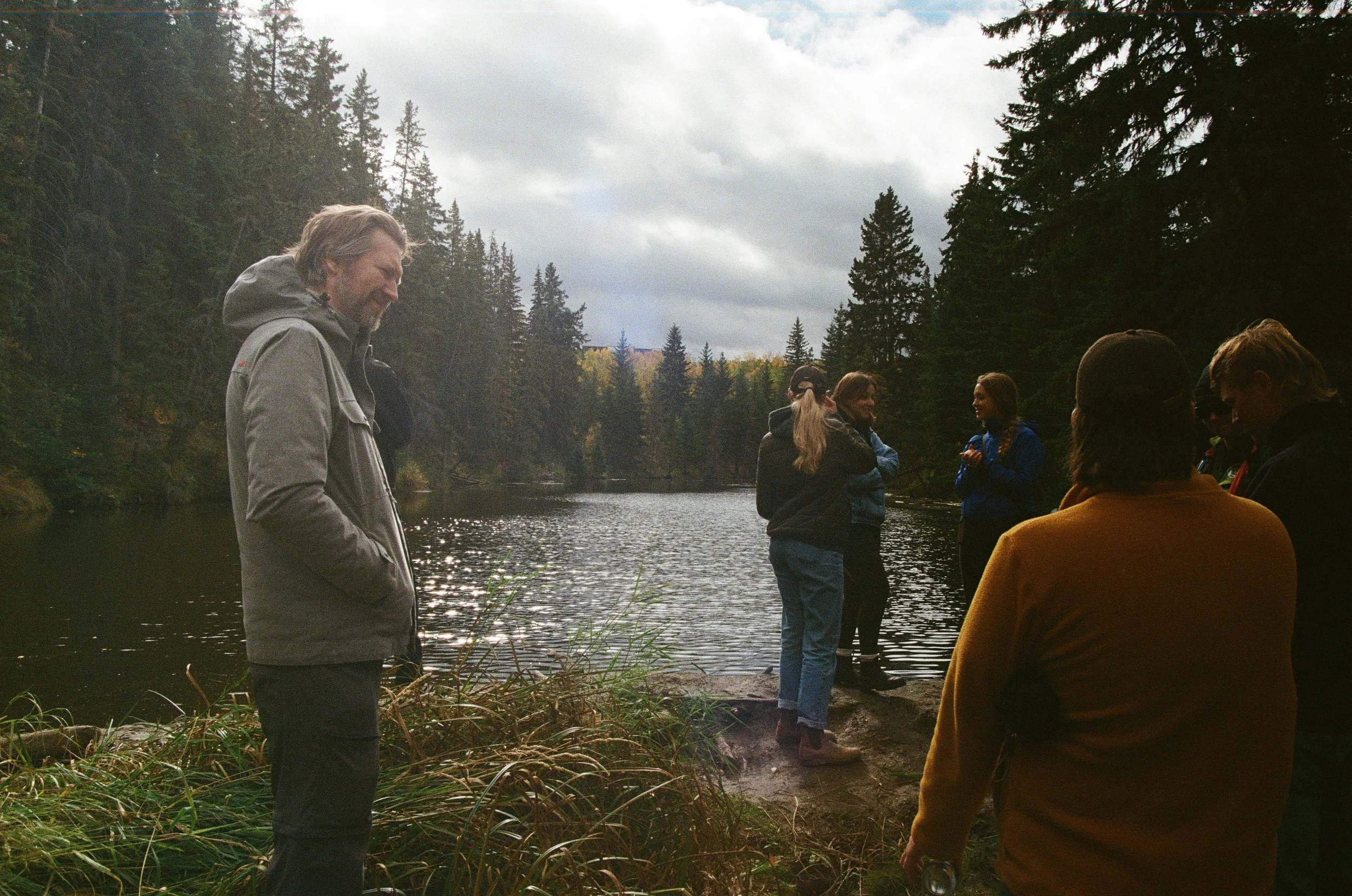
Faith Institutions Advancing Transformation - The FIAT Project
at The King’s University, Edmonton (AB, Canada)
Exploring the ways in which faith institutions are influencing socio-ecological change, and the potential they have to influence environmental transitions.
Hosted at The King’s University in Edmonton, AB, Canada, FIAT (Faith-Institutions Advancing Transformation) is a research project under the Canada Research Chair in Transition to Sustainability. It explores how Church institutions—particularly Catholic and ecumenical— (can) act as agents of transformation towards a future-proof society in the face of global sustainability challenges.
With two empirical “project legs” in the Amazon and Canada, it inquires into the roles and network effects of faith institutions innovating governance models and reimagining society through cultural, spiritual, institutional, and material transformation.
Canada Research Chairholder Dr. Adrian E. Beling and his team focus not only on the influence of the church in sustainability transitions, but also on the potential of the church to be a major force for good regarding sustainability transitions.

Conceptual-Theoretical Framework
-
Embeddedness
In a context dominated by sustainability governance models that rely on individualist and technocratic assumptions, FIAT instead draws on critical social theory to understand individuals and organizations as embedded in cultural, institutional, and power structures. It emphasizes the role of discourse, practice, and institutional change in shaping sustainable futures.

-
Government for and in Transition
A second conceptual focus of FIAT is exploring how the concept of governance itself is being and must be transformed for an effective engagement with sustainability transitions.
-
Methodology
The project follows an abductive research design, combining inductive and deductive reasoning. It uses mainly qualitative methods such as interviews, focus groups, and document analysis, supported by interpretive and comparative frameworks rooted in pragmatism and hermeneutics, but also foresees a survey to be conducted in the Amazon for the purpose of systematizing otherwise scattered and unevenly processed information
Key Question 1
How and why are social-ecological narratives, practices, and institutions (not) transformed through the mediation of the Church?
Key Question 2
Under what conditions can religion effectively perform the role of a sustainability transition agent?

The church as a sustainability transition agent in the Amazon?







